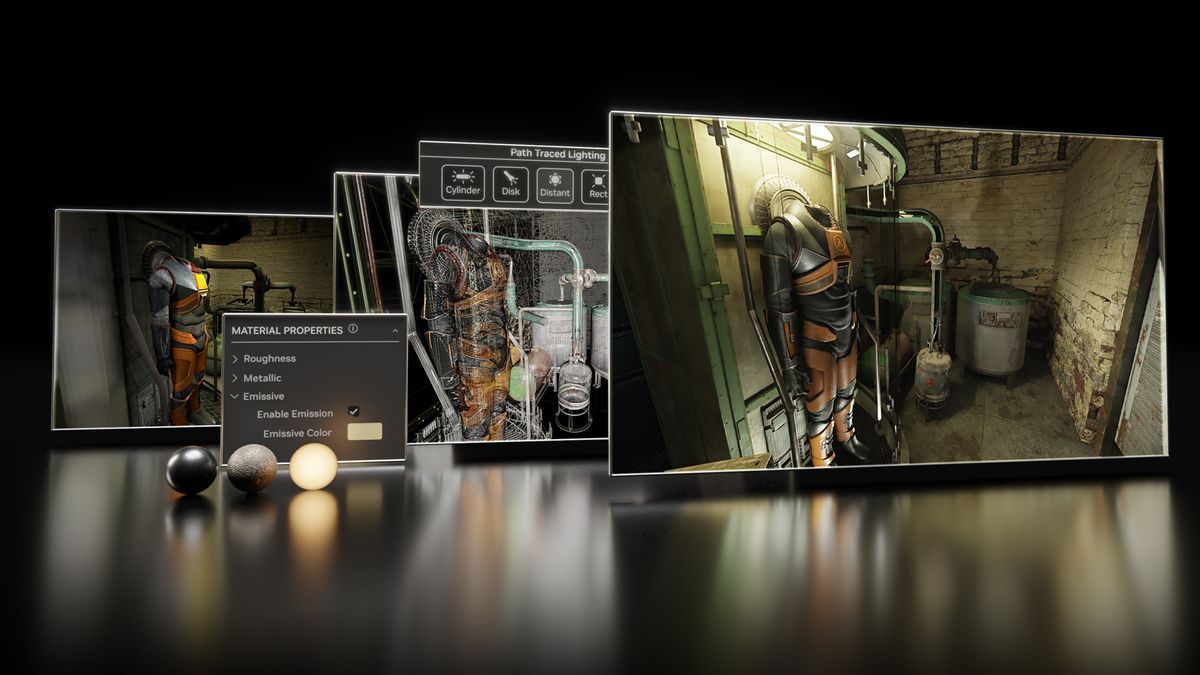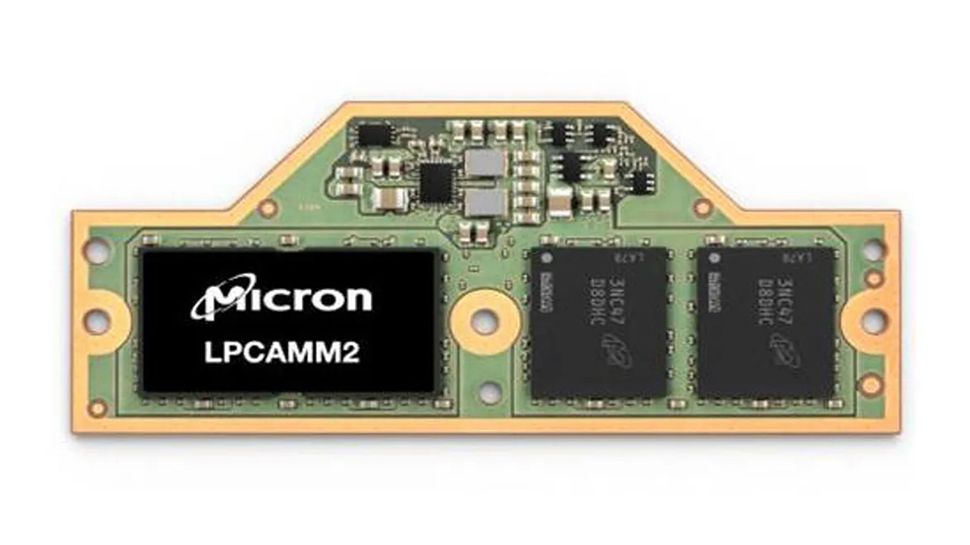In 2022, Nvidia introduced its huge resource platform for the PC modding community, called Nvidia RTX Remix. Now the tech giant has released it in open beta, giving modders a huge toolset including full ray tracing, Nvidia DLSS, Nvidia Reflex, modern physical rendering (PBR) assets, and AI generative texturing tools.
Nvidia RTX Remix is based on its namesake Nvidia Omniverse, an end-to-end platform for remastering DirectX 8 and 9 games with a fixed feature pipeline. Modders can remaster a growing list of older PC games by using various tools on the Remix platform that allow you to capture game assets and then enhance them with artificial intelligence tools, as well as use ray tracing and DLSS to further improve and update those graphics.
According to Nvidia, Remix is made up of two components: an application that creates lights and adds remastered assets to a game scene, and a runtime to capture game scenes and inject the remastered assets back into the game during playback. Nvidia has already demonstrated the power of its platform with its Portal with RTX remaster, while the modding community created Portal: RTX Prelude and The Elder Scrolls III: Morrowind remaster. Orbifold Studios is also working on the Half life 2 RTX – An RTX Remix Projecta community-led remaster.
This platform could be a double-edged sword
However, it's fair to ask if applying this powerful platform is always a good thing. For titles like Morrowind, which frankly looks horrible, the Nvidia RTX Remix toolset does an incredible job of remastering the classic title for PC. Even Half life 2 It could benefit from a visual facelift if done well to preserve the atmosphere of the original game.
And that brings me to the next question: for titles like Portal, receiving the RTX Remix treatment would be detrimental to the game. As previously noted, Portal 2 It already looks impressive thanks to excellent art direction and clever design. Simply implementing more graphical updates without considering how they are applied and whether the game needs them is a waste of time at best and actively disruptive at worst.
One could even argue that this technology could negatively impact older titles that would benefit the most from these improvements. Older games often took full advantage of graphical limitations to create iconic atmospheres, and if new technology is applied without knowing how to best recreate the original atmosphere, then you could end up with a remastered title that looks impressive but also bears no resemblance to the original work.
I'm curious to see how well the modding community will continue to use this technology. We have already seen really great efforts such as recreating Morrowind in the Skyrim graphics engine or Fallout: London. While I'll be leaving aside corporate efforts like the Portal 2 remaster, I'll keep hope for fan-led projects created by people with a deep understanding of what makes classic games so good in the first place.








